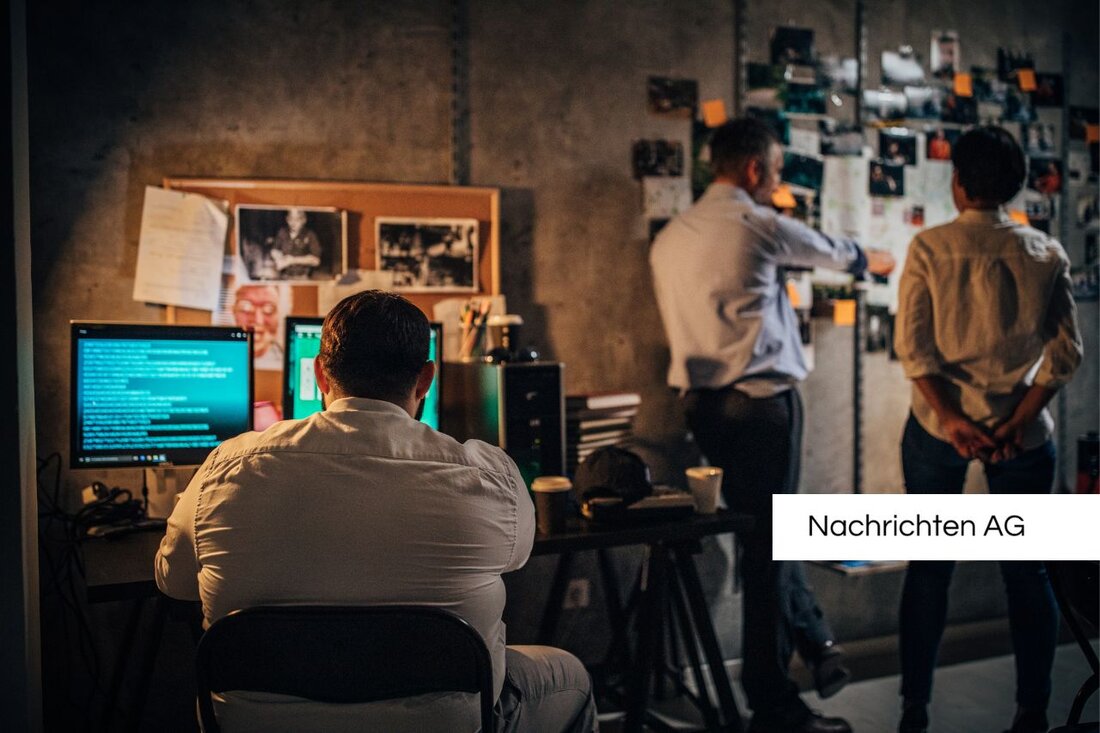Merz, Macron and Strander urge Iran to return to the negotiating table!
Germany, France and Great Britain call for Iran to negotiate its nuclear program. UNI Security Council urgency meeting on Sunday.

Merz, Macron and Strander urge Iran to return to the negotiating table!
On June 22, 2025, Germany, France and Great Britain call on Iran to return to the negotiating table. In a joint explanation, Chancellor Friedrich Merz, President Emmanuel Macron and Premier Keir Karrmer, appeal to Tehran to discuss an agreement that pays out concerns about Iran's nuclear program. This diplomatic advance comes into a critical context, since the UN Security Council meets on Sunday, June 25th, an urgency meeting. The meeting was scheduled for 3 p.m. local time.
Guyana has the rotating chair of the Security Council and this is already the third meeting of the body, which has been convened on Iran since the beginning of the Israeli attacks on June 13. On Monday there will also be an urgency meeting of the Governor Council of the International Atomic Energy Agency (IAEA) in Vienna. IAEA boss Rafael Grossi has announced that the situation in Iran makes this session necessary.
increasing pressure on Iran
The IAEA has recently increased the pressure on Iran. The Governor Council decided a resolution that Tehran asks to clarify open questions about his nuclear program. Grossi should submit a report on these unexplained questions by spring. If Iran does not provide sufficient answers, this could lead to a convening of the UN Security Council and possibly new sanctions. The IAEA and international observers expressed “deep concern” about the lack of cooperation between Iran.
In another drastic step, Iran announced that I was introducing new centrifuges to accelerate uranium enrichment. The Iranian nuclear organization is planning a "large collection" of new centrifuges in response to the resolution, which was introduced by Germany, Great Britain, France and the USA.
Iran's willingness to cooperate and international reactions
The Iranian government has announced possible concessions despite the tense situation. Foreign Minister Abbas Araghtschi declared the willingness to cooperate, but warned of the consequences if the resolution is adopted. Iran's official point of view emphasizes that the country does not strive for weapons, although voices in the Iranian parliament question this attitude.
Israel is also alerted and plans to switch off Iran's nuclear program. This could lead to larger international tensions, especially in view of the possible radioactive contamination that could arise. The IAEA, which is intended to monitor the peaceful use of nuclear energy, is required to convey in conflict, but its willingness to cooperate with the Iranian authorities remains unclear.
The coming days will be crucial, not only for Iranian nuclear policy, but also for stability in the region and international political dialogue. The world looks forward to the meeting of the Security Council and the further developments in Iran, while the IAEA wants to continue its inspections as soon as the security conditions allow this.

 Suche
Suche
